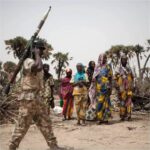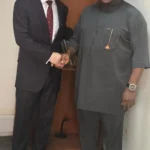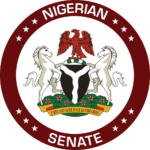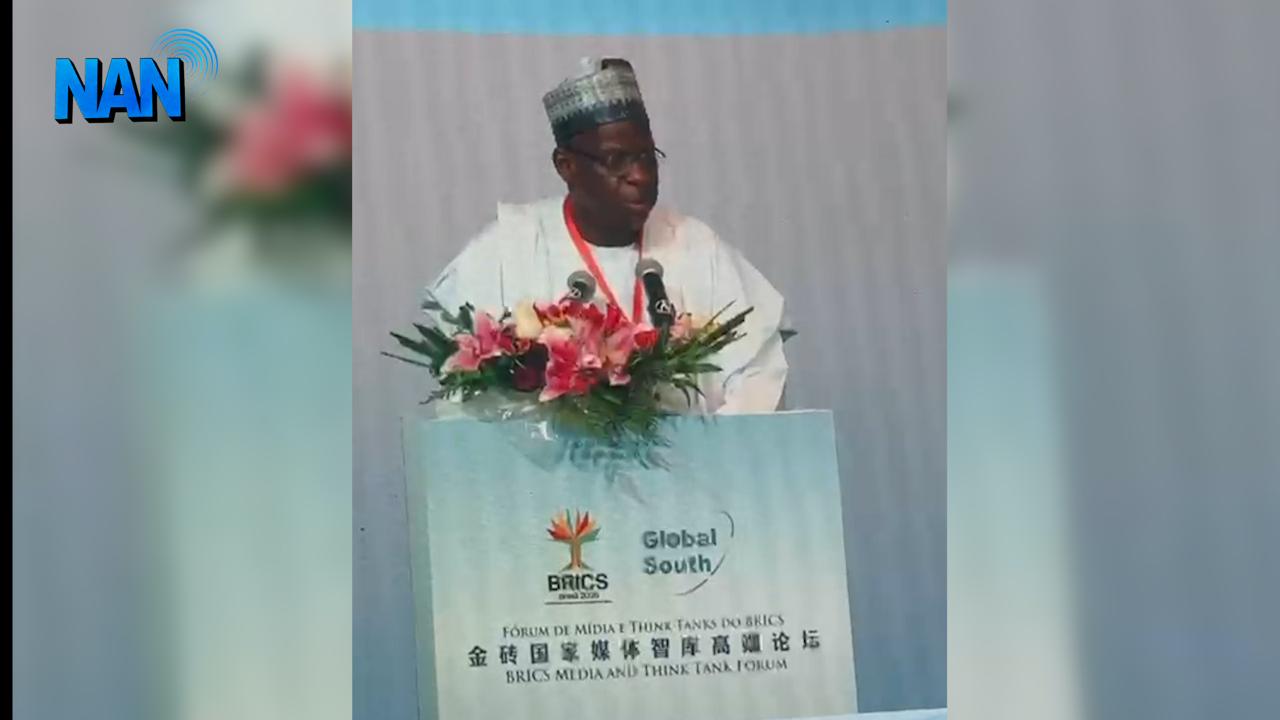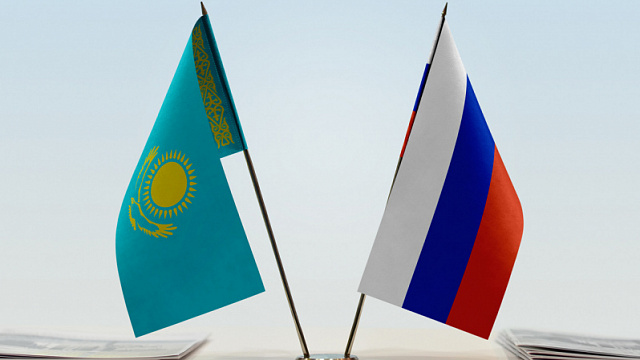Video: BRICS economic influence reshaping global development- NAN MD
By Nana Musa Ali M. Ali, Managing Director of the News Agency of Nigeria (NAN) says the growing influence of the BRICS nations is shaping global governance, economic development, and international relations. During a presentation at the 7th BRICS Media Forum on Wednesday in Rio de Janeiro, Brazil, AliContinue Reading

